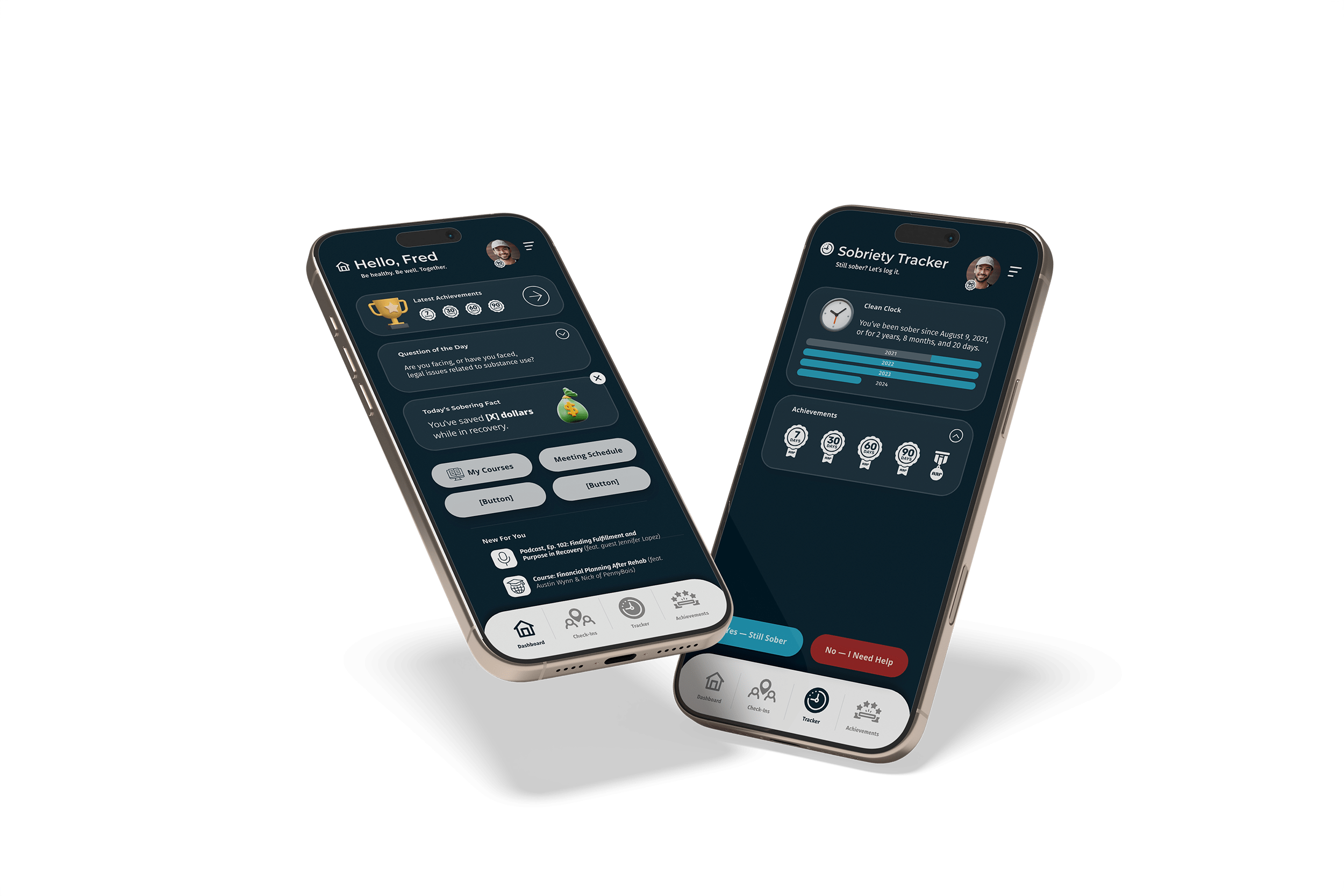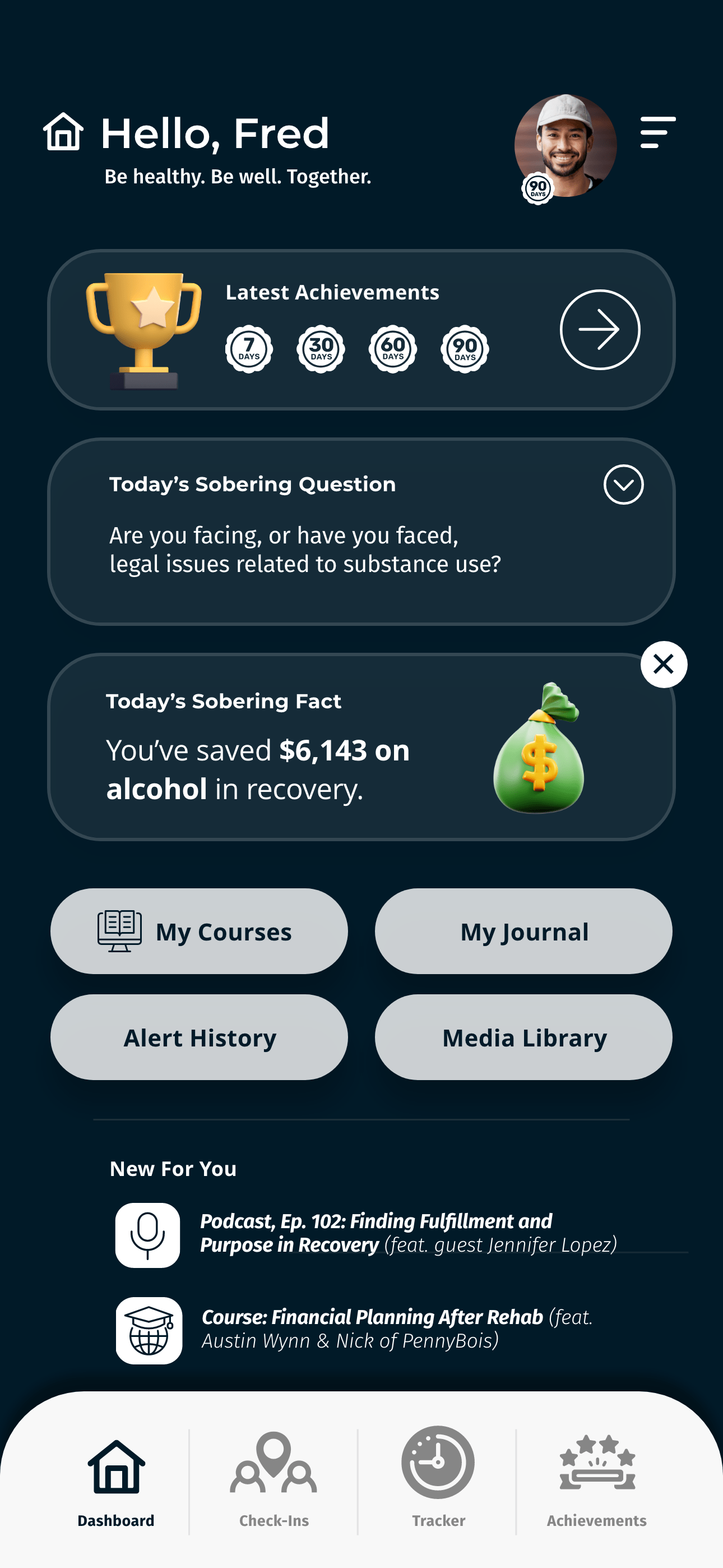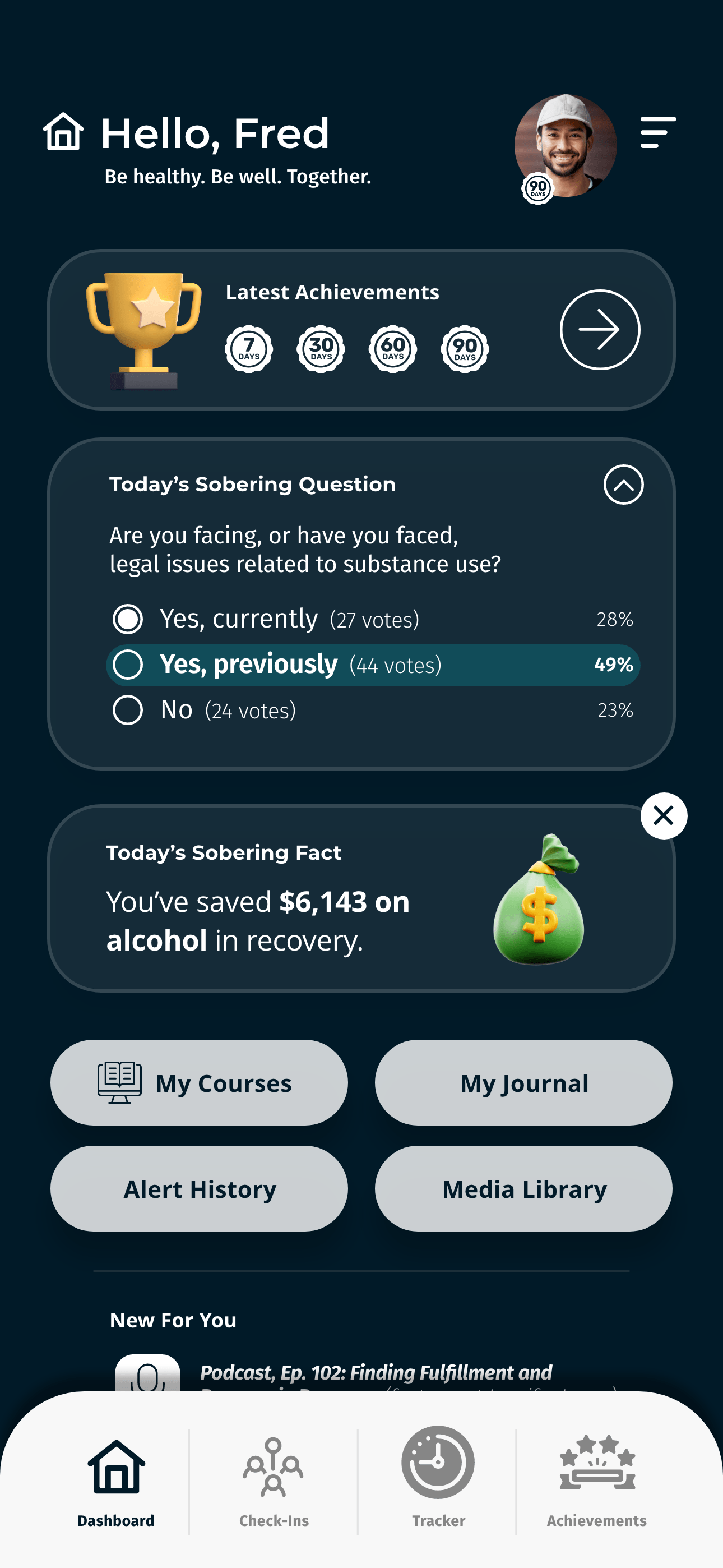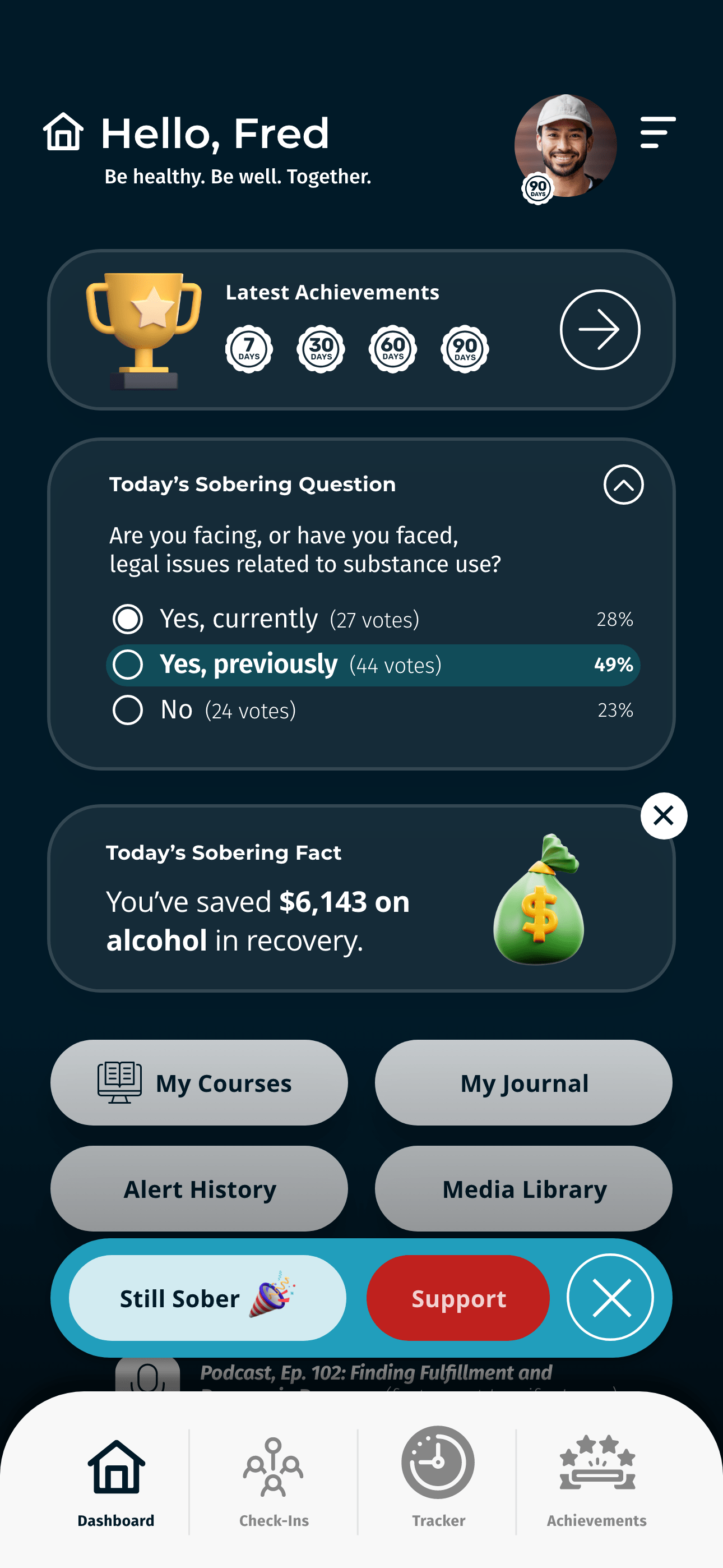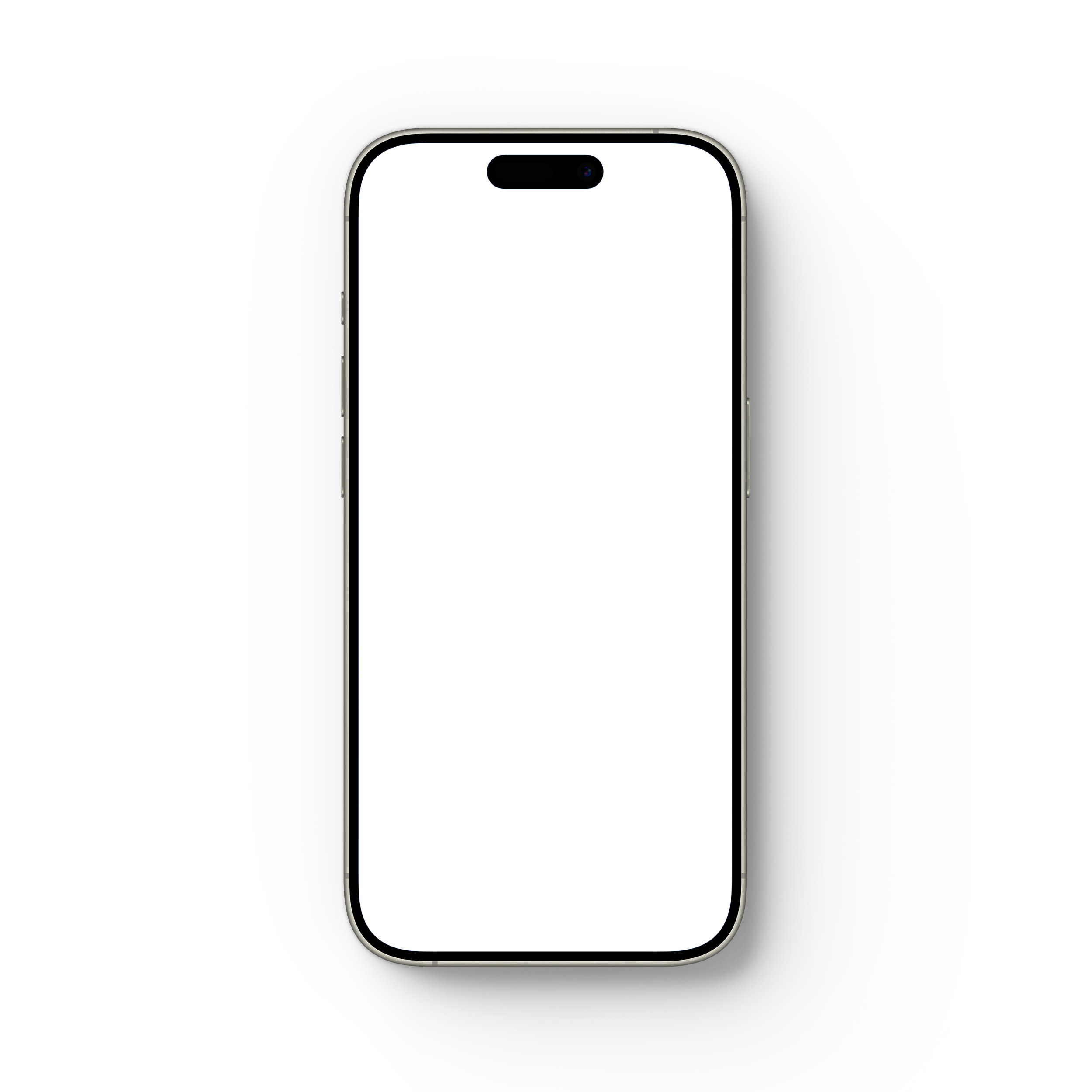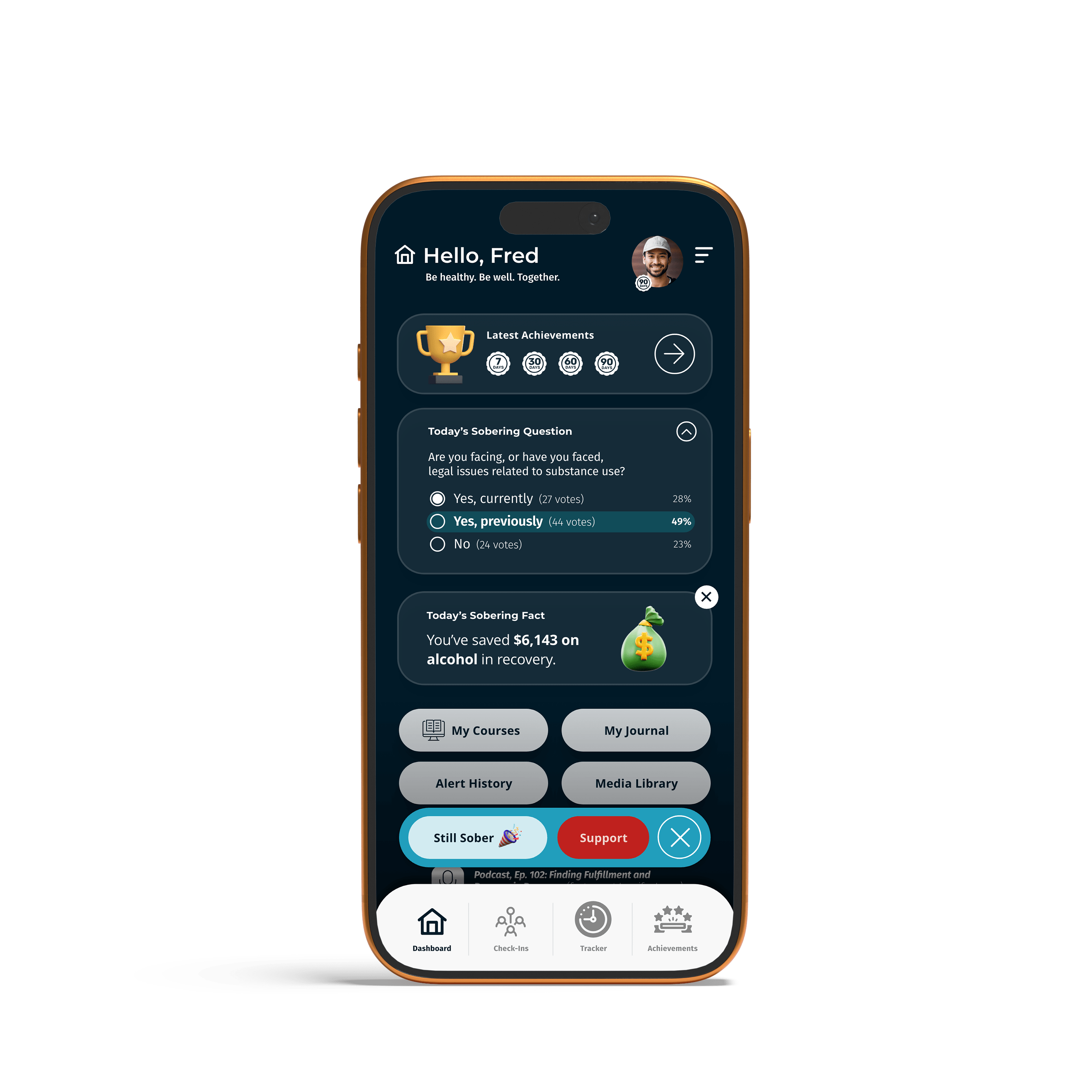
Designing for Compassion: The Never Alone Recovery App

Designing for Fragility & Trust
The Never Alone Recovery (NAR) mobile app was conceived as a digital accountability companion for individuals in addiction recovery—a tool to reinforce daily progress, promote self-reflection, and help sponsors stay connected to their sponsees.
As Lead UX & Visual Designer, I oversaw all aspects of the design across a focused five-week sprint before handing off to the development team. The project required empathy, restraint, and ethical precision: recovery is an emotionally volatile space, and design missteps can cause harm.
Through early discovery sessions with people in recovery and two licensed counselors, I found a pattern: traditional apps made users feel observed rather than supported. The mission, then, was to design a system that feels like an ally, not an authority.
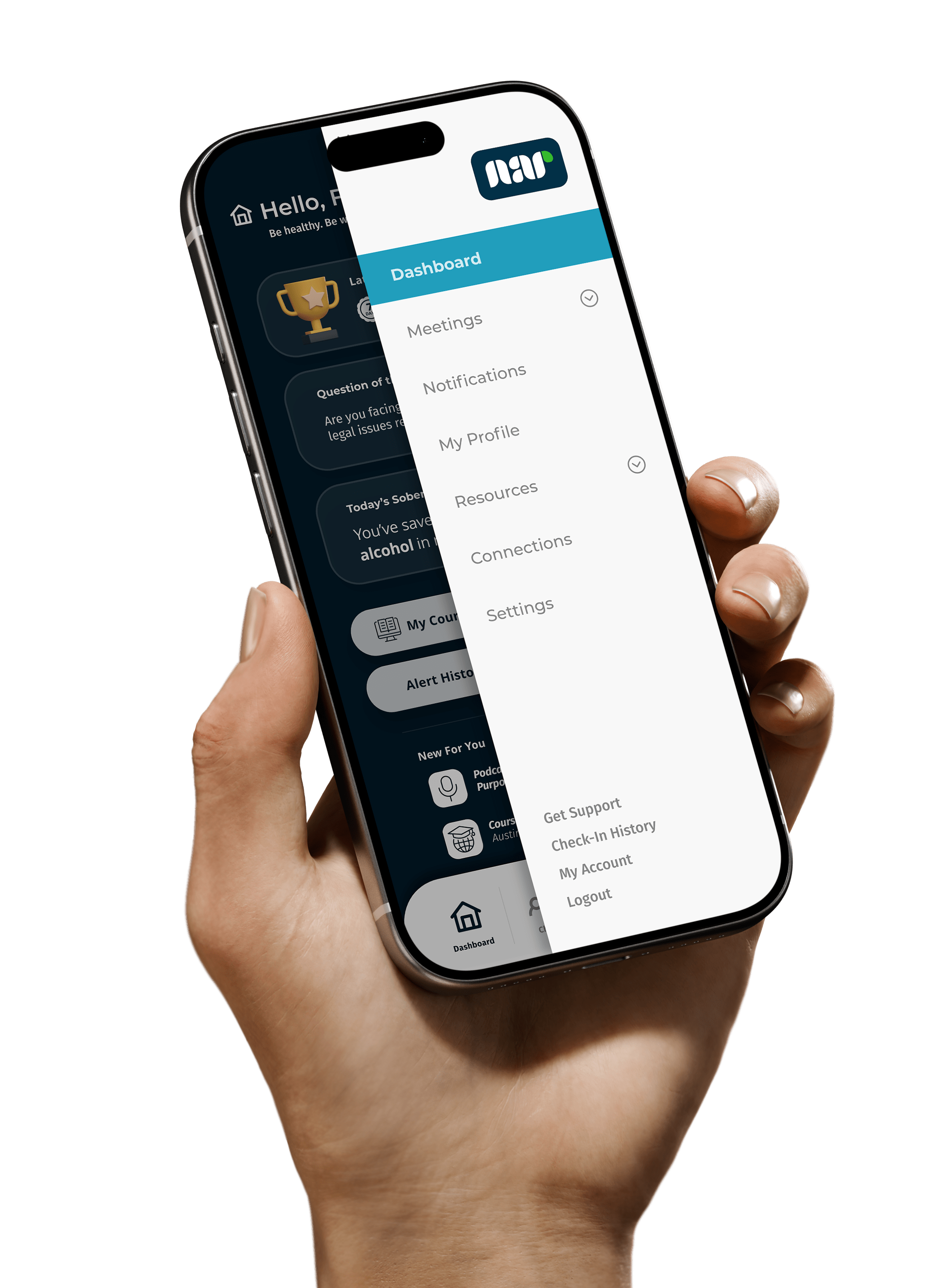
Building Empathy Into Every Interaction
The NAR design process balanced behavioral psychology, user research, and ethical UX. I conducted qualitative interviews, created empathy maps, and defined a dual information architecture:
- Daily Experience Flow: Dashboard → Reflection Prompt → Community Insight
- Support Flow: Sober Tracker → Sponsor Link → Encouragement Notifications
This structure mirrored the natural rhythm of recovery: reflection followed by reinforcement. It allowed the product to offer daily momentum while maintaining personal grounding.
- A visually clear dashboard showing streaks, money saved, and milestones.
- Motivational check-ins and community polls that create belonging.
- Private, secure data handling that doesn’t feel invasive.
- Dynamic feedback—positive reinforcement instead of guilt.
- Secure dashboard with at-a-glance client risk indicators.
- Ability to send check-ins, reminders, and encouragement directly in-app.
- Automatic reports summarizing progress trends.
- Integration with the NAR App’s accountability algorithm to flag at-risk users.
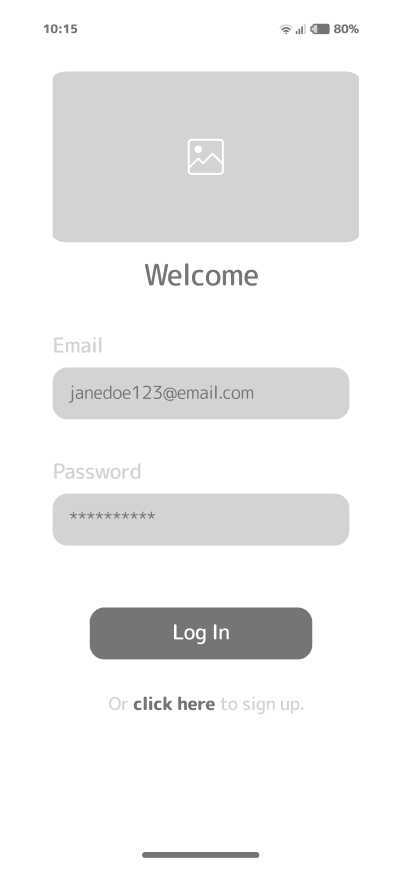
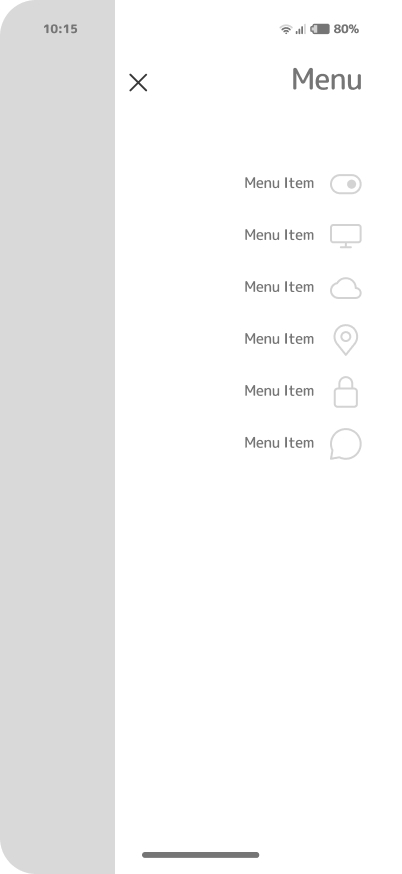
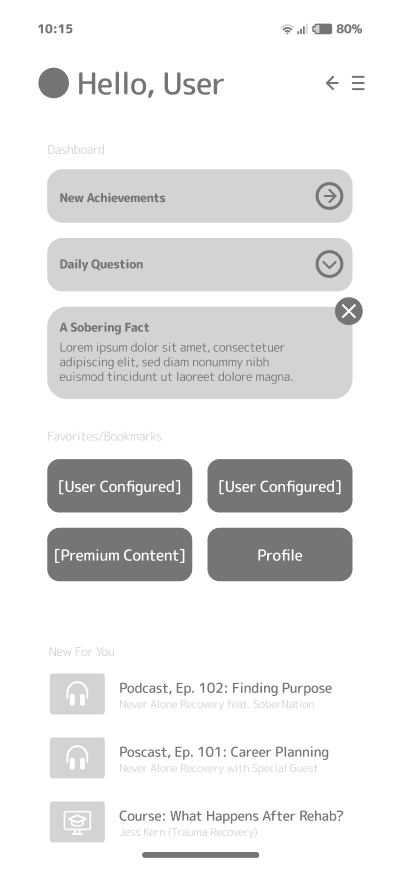
The Dashboard: Motivation & Momentum
The Dashboard was designed as a simple, intuitive home base—a social-style daily feed that encouraged positive reflection and small victories. Users were greeted with a Question of the Day, designed to foster self-awareness and community dialogue. Responses were aggregated anonymously, letting users see how others in recovery were feeling that day.
The dashboard also included dynamic affirmations and metrics—e.g. “You’ve saved $362 since your quit date”—celebrating progress without pressure. This reframed sobriety from deprivation to empowerment.
Visually, the interface emphasized calm confidence: a neutral slate-gray palette with muted teal accents, rounded cards, and generous white space. Typography was deliberately large and open, promoting accessibility and serenity. The design avoided gamified elements, focusing instead on subtle motion and meaningful affirmation.
Testing, Iteration & Refinement
To validate the design tone and interaction flow, I ran informal usability sessions with five participants—three people in recovery and two sponsors.
Key takeaways led to important changes:
- Simplified the check-in process from five inputs to two.
- Replaced numeric scores with qualitative ranges (“Stable,” “Cautious,” “At Risk”).
- Softened notification language to avoid any sense of reprimand.
Participants described the final tone as “understanding” and “gentle,” confirming that the emotional design goals were effective.
Design Integrity in an Imperfect Launch
The completed prototype delivered a cohesive, transparent design system that balanced behavioral insight with emotional sensitivity. After handoff, the client unfortunately paused development, leaving the app unreleased.
Despite the outcome, the project proved that ethical UX can coexist with data science—the Sobriety Tracker’s algorithm became an example of how transparency and care can replace manipulation in behavioral design.
It remains one of my most defining projects: proof that technology can measure without judging, and support without controlling.
Closing Thoughts
The Never Alone Recovery (NAR) App was more than an experiment in UX—it was an exercise in ethics. Designing the Sobriety Tracker taught me how to balance algorithmic rigor with compassion, proving that data can empower recovery rather than exploit it.
Even without a commercial launch, the project reshaped how I define success. Good UX isn’t about engagement graphs—it’s about trust.
